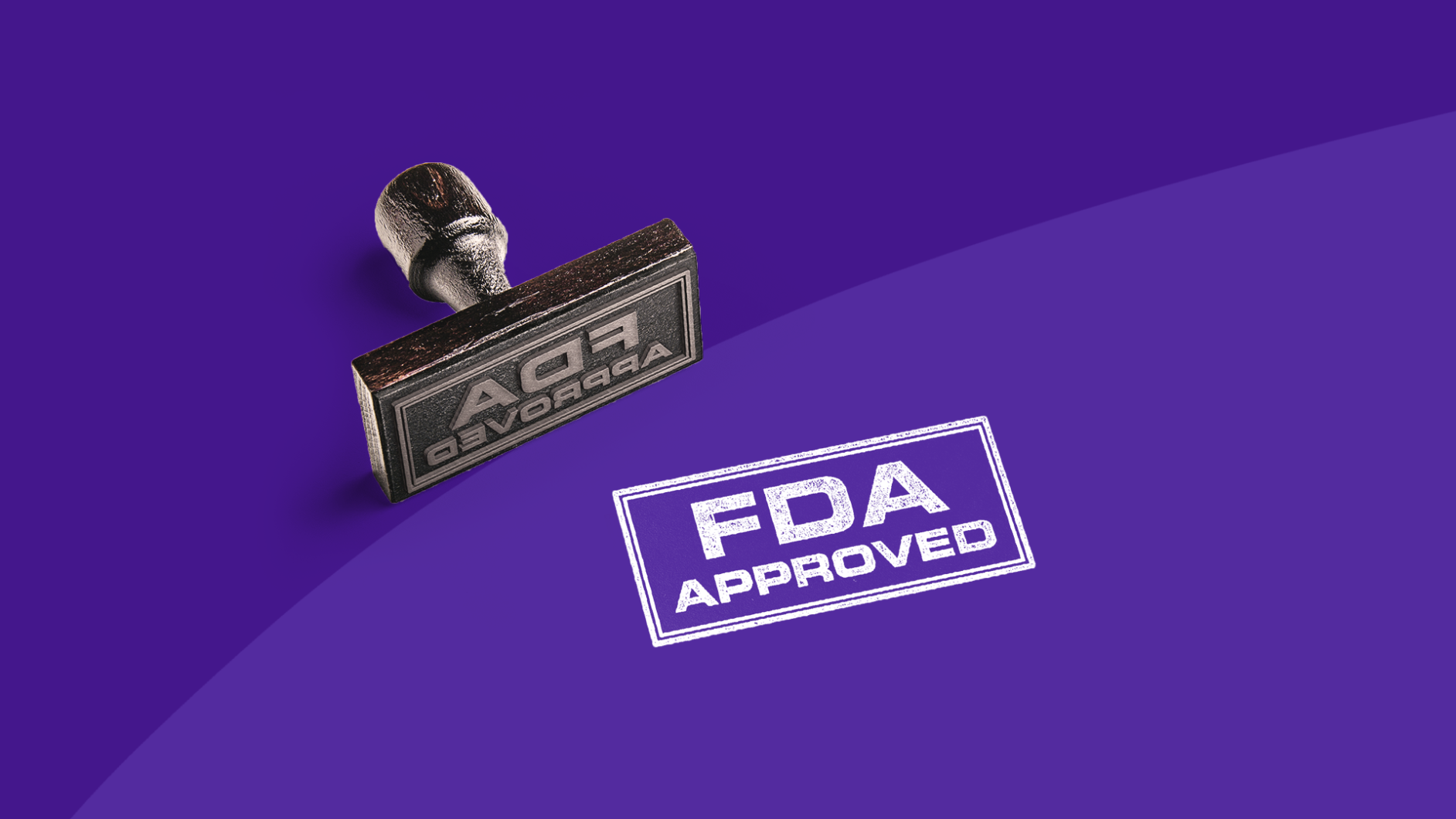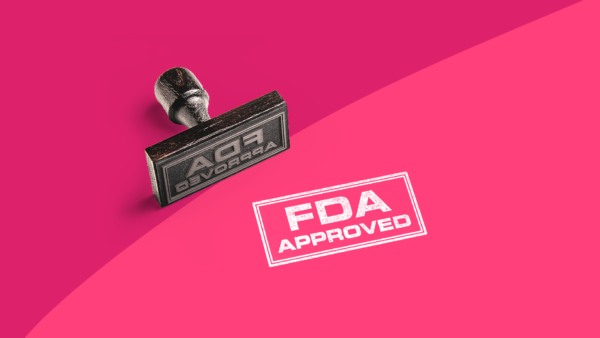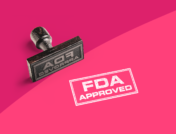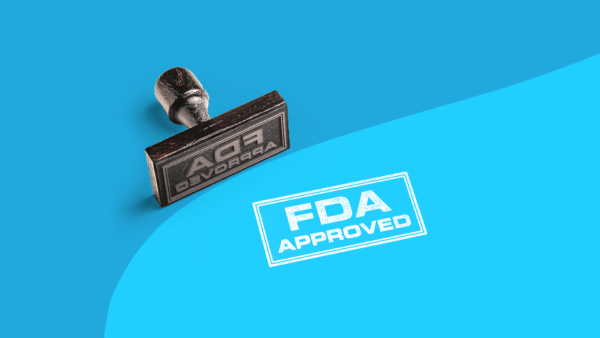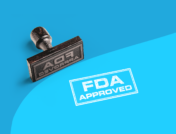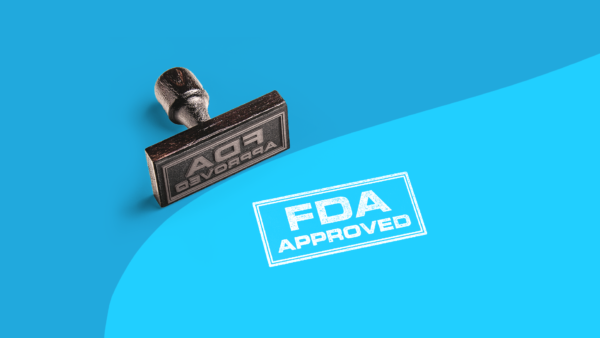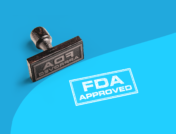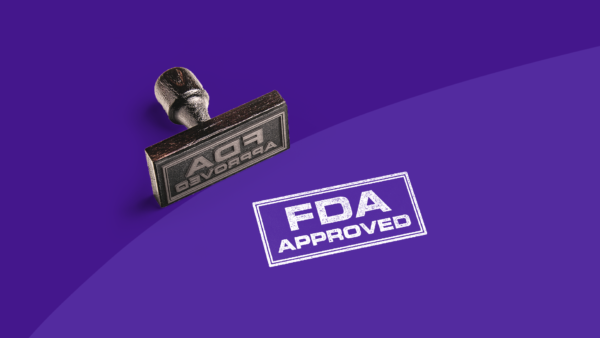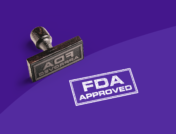Good news for people with diabetes: You now have a generic option for your glucagon. The U.S. Food and Drug Administration (FDA) has approved the first generic glucagon for injection.
RELATED: What is glucagon? | Glucagon coupon
The FDA announced on Dec. 28, 2020, that it had approved an abbreviated new drug application for glucagon for injection 1 mg/vial in an emergency kit, manufactured by Amphastar Pharmaceuticals Inc. This generic glucagon kit will give people a new choice for treating severe hypoglycemia, a condition that can impair a person’s ability to function normally.
Sally Choe, Ph.D., director of the Office of Generic Drugs in the FDA’s Center for Drug Evaluation and Research, noted the approval is a major step forward for people with diabetes.
“Glucagon for injection has been approved for use in the U.S. for more than 20 years, but until today, there has been no approved generic of this important drug that can save the lives of people who may experience the serious condition of very low blood sugar,” she said in a statement.
Why it’s important to be prepared for severe hypoglycemia
Hypoglycemia occurs when your blood sugar, or blood glucose levels, drop too low. It can range from mild to severe. Mild symptoms may occur when your blood sugar dips below 70 mg/dL. Moderate symptoms occur when blood sugar drops between 55 and 70 mg/dL, according to JDRF. Symptoms can include feeling a little sweaty, shaky or jittery, tingly, nauseous, hungry, or anxious, as your body reacts to the drop in blood glucose. Mild or moderate hypoglycemia can be treated with glucose tablets or a sugary drink such as juice. These fast-acting carbs can raise blood sugar levels quickly. But that’s not enough to resolve an episode of severe hypoglycemia.
When hypoglycemia becomes severe—levels below 40–55 mg/dL—you may lose ability to function or pass out. Check with your endocrinologist to determine the blood glucose level considered severe for you. Signs of severe hypoglycemia can include difficulty speaking, blurred vision, clumsy or jerky movements, drowsiness, confusion, and even seizures, according to the Mayo Clinic. Severe hypoglycemia can develop in people with Type 1 or Type 2 diabetes. However, it’s more common in people who take insulin or diabetes medications like sulfonylureas.
The American Diabetes Association refers to an episode of low blood sugar that requires assistance from others as a “severe event.” An injection of glucagon can help quickly raise blood sugar levels. That’s because glucagon is a synthetic version of the hormone produced in the pancreas that stimulates the liver to release stored glucose to bring your blood sugar levels back up.
The Glucagen Hypokit, an emergency injection package, starts to raise blood sugar levels within 10 minutes after injection. The most common side effects of glucagon injections are nausea, vomiting, and increased heart rate, as well as some redness or swelling at the injection site.
The benefits of a glucagon generic option
The approval of the glucagon generic could mean significant savings for people with diabetes who need to keep a kit on hand.
You can currently purchase the brand-name Glucagen Hypokit, but depending on your insurance, it might cost several hundred dollars. Medicare sometimes covers the cost, and coupons are sometimes available to reduce the price.
But you may be able to get the new generic version soon. Upon the news of the FDA’s approval, Amphastar announced that it plans to launch its Glucagon for Injection Emergency Kit within two months.
“[The] approval reflects the FDA’s continued commitment to advancing patient access to lower-cost, high-quality generic drug products that are as safe and effective as their brand name counterparts,” Choe said.



